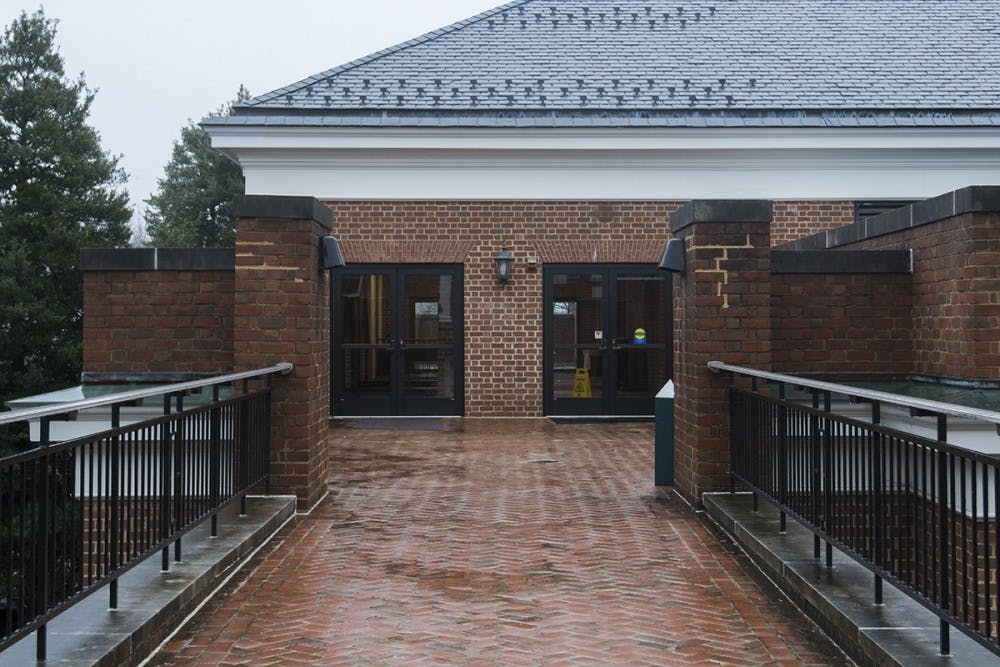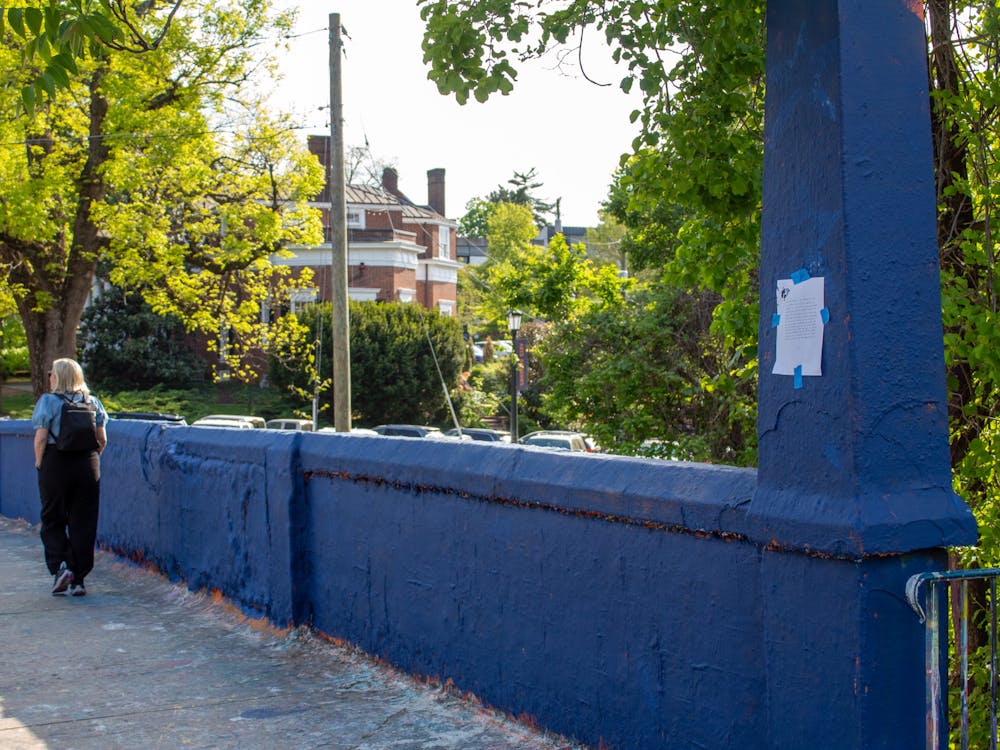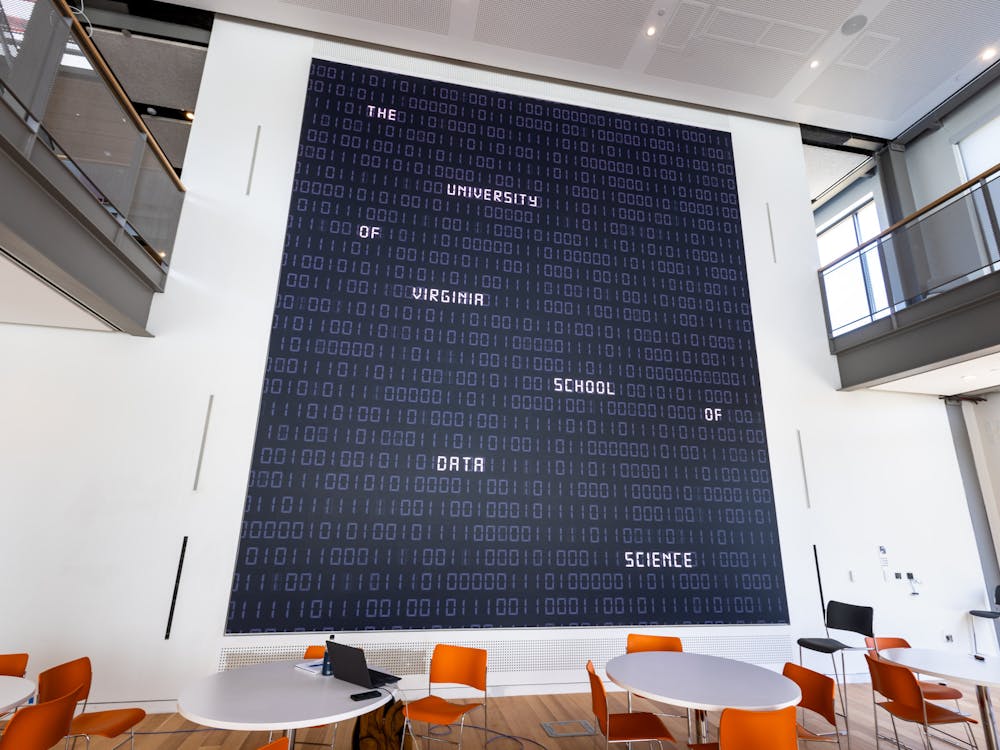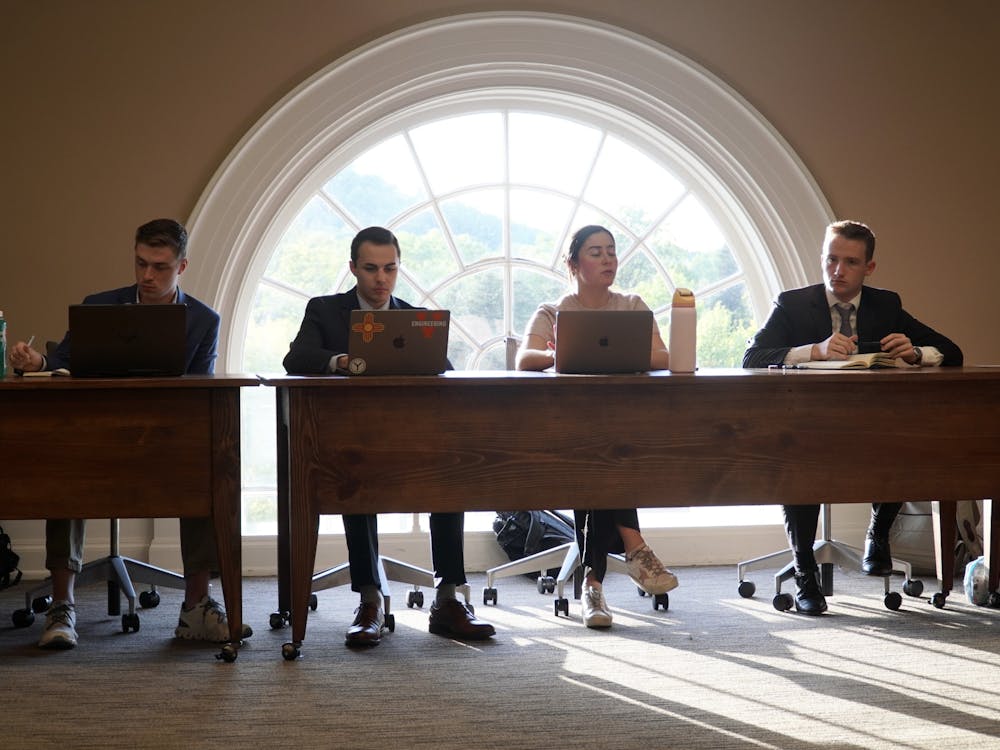The University’s first Media Studies graduate degree — a master of arts in Media, Culture and Technology — has been approved by the Faculty Senate and is pending Board of Visitors and state legislative confirmation to begin at an undetermined date. Though the department has previously offered several graduate-level courses on a selective basis, it does not award any master’s or other postgraduate degrees.
“The purpose of the proposed M.A. in Media, Culture, and Technology is to promote the study of media at the highest level of excellence and to build a pathway for employment in the thriving labor areas of media policy and new media research,” the proposal, prepared by the Media Studies Graduate Studies Committee, reads.
Jennifer Petersen, an associate professor of media studies and member of the Media Studies Graduate Studies Committee, is among the group of faculty spearheading the new graduate program, which also includes professors like Hector Amaya and Siva Vaidhyanathan. The Media Studies Department celebrated its 10th anniversary this year. Peterson discussed the merits of working within a relatively young program at the University.
“One of the things that’s kind of unique about the program … is that we are a new department and we have been, in a way, freed to really be forward-thinking about where the field is going,” Petersen said. “We weren’t formed at a moment when everyone was studying radio, television or film … we’re at the cutting edge of the field.”
The master’s degree will require students to take 30 credits, including a minimum of 24 graded credits — one introductory media studies seminar, one media history course, one media method analysis course and five specialized electives. Students’ chosen electives must fit into one of three degree tracks: policy and law, screen studies or technology and interaction.
Screen studies, the proposal states, is the most academic and scholarly of the tracks, designed for students who hope to get a PhD in film or media studies. The law and policy track will focus on media-related policy issues. The technology and interaction track is a holistic and technical media research program.
“Technology and interaction is something that’s very forward-looking,” Petersen said. “Taking some of the strengths that the discipline has amassed … and thinking about how they apply to emerging media.”
Students in the technology and interaction track will be required to complete an internship as a step toward their degree. Law and policy students are allowed to complete internships, but it is not a requirement for graduation. The proposal also stated the committee’s intention to establish a dual degree program with the University School of Law, granting students both a J.D. and an M.A., though a timeframe for the collaboration has not been established.
All students will be required to complete research before graduating, either in the form of a traditional master’s thesis or a professional report.
The program will take a variable number of semesters for students to complete, the proposal says. Some students coming in with graduate studies credits may be able to complete the master’s in two semesters, but many will have to take a third semester or summer courses. Students can also take longer than three semesters if they wish to work towards their master’s on a part-time basis.
The degree will cost the same as other master’s programs in the Graduate School of Arts and Sciences — $686 per credit hour for Virginia residents and $1,135 per credit hour for non-residents, as well as $1,335 per semester in comprehensive fees for residents and $1,676 per semester for non-residents.
Petersen said that the program is currently pending approval from two legislative bodies. After being passed Dec. 12 by the Faculty Senate, the proposal was sent to the Board of Visitors for approval. If accepted, the proposal will go to the State Council of Higher Education for Virginia in Richmond. Petersen estimated the SCHEV approval process could take up to nine months.





